Buildings account for 37% of European greenhouse gas (GHG) emissions. To meet the Paris Agreement and reach net-zero emissions by 2050, decarbonization measures in existing buildings need to increase drastically and be target-oriented. At the same time, new buildings need to lead the way towards zero emissions.
The Race to Zero has started. More and more financial institutions are setting net-zero targets. To go on this journey and track the improvements needed, financial institutions require clear guidance to accelerate this transition and leverage both public and private finance in the right direction.
PCAF’s latest project addresses the need to mobilize the financial industry to accelerate the transition of European buildings towards net zero by 2050. It provides clear guidance to financial institutions to stay on the required course and to report on the positive impact of their actions in a transparent, robust, and standardized way. The project targets the following objectives:
to finance the transition of European buildings towards net zero
by harmonizing the measurement and target setting pathways for mortgage and real estate portfolios
by exploring technical and financial measures and developing best practice guidelines
The transition to a net-zero economy by 2050 requires the transformation of all sectors. The building sector, in particular, requires massive investments in renovations and new buildings. Given the urgency of the matter, the European Commission's Renovation Wave seeks to at least double building renovation rates until 2030 as part of the Green Deal.
To accelerate this transition, financial institutions require clear guidance to prioritize and finance specific renovation approaches and new construction technologies which will enable the needed long-term structural change of the European building stock.
PCAF provides a unique network of banks and investors in Europe as well as globally. This network collaborates to develop a transparent, harmonized standard for measuring financed emissions, an important step in steering towards net zero.
Financial institutions need this information to plan and implement suitable and effective interventions in the form of innovative financial products and services that will help achieve a net-zero emission building stock at least cost and without detours.
Consequently, mobilizing the financial sector is key to accelerate the transition of the European building stock. As the financial sector mobilizes, it will incentivize building owners, real estate developers and the broader building sector to shift towards net zero.
Core Project Team
The Core Project Team constitutes of a diversified set of representatives from the financial industry from across Europe working towards the net-zero building transition. The project team meets regularly to provide key expertise and to advance the project’s workstreams.
The following institutions are members of the Core Project Team:

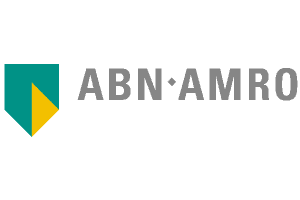

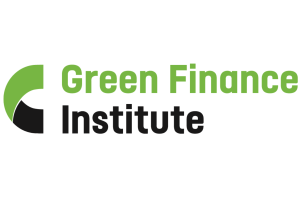


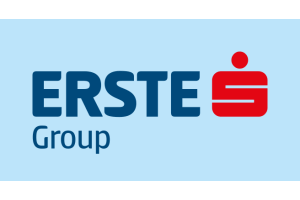
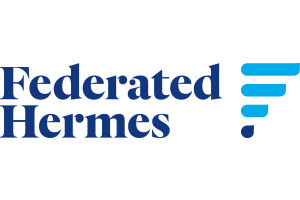
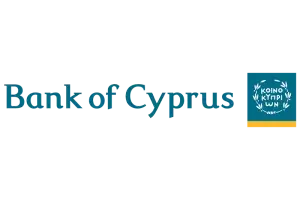
Expert Advisory Group
An Expert Advisory Group, comprising of key stakeholders from the building and financial sector, is regularly consolidated to deepen the understanding of the needs and challenges towards the net-zero building stock.
The following stakeholders are members of the Expert Advisory Group:
Alliance for Sustainable Building Products (ASBP) / Architecture2030 / Center for Climate-Aligned Finance / Climate Safe Lending Network (CSLN) / Energy Efficient Mortgages Initiative (EEMI) / European Confederation of Woodworking Industries (CEI-Bois) / European Insulation Manufacturers Association (Eurima) / European Panel Federation / Global Alliance for Buildings and Construction (GlobalABC) / Global Buildings Performance Network (GBPN) / Green Digital Finance Alliance / GRESB / InnovaWood / Institutional Investors Group on Climate Change (IIGCC) / natureplus / Passive House Institute (PHI) / Renovate Europe / Science-based Targets initiative (SBTi) / UN Environment Programme (UNEP) / World Business Council for Sustainable Development (WBCSD) / World Green Building Council (WorldGBC)
Financial institutions require robust approaches to accurately measure and track the progress of their European building portfolios on the path towards net zero. Therefore, the PCAF European building emission factor database meets an urgent demand of the financial industry across Europe. It provides financial institutions with a diverse set of emission factors for mortgages and commercial real estate for all countries in the European Union, as well as Norway, Switzerland, and the United Kingdom.
The PCAF European building emission factor database has the following key features:
Access the PCAF European building emission factor database here
Check out the emission factors for residential and non-residential buildings per EPC rating by clicking on your country of interest. To access emission factors of further building types, access the PCAF European building emission factor database here.
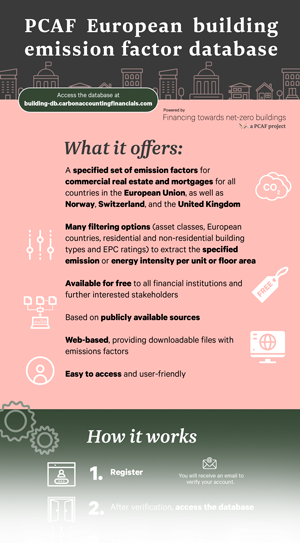
This extensive database provides emission factors to calculate the financed emissions of commercial real estate and mortgage portfolios. It is comprehensive in scope, covering buildings in all countries in the European Union, as well as Norway, Switzerland, and the United Kingdom as well as Serbia, Bosnia & Herzegovina, Kosovo and Turkey, which were added in the 2023 update. Thus, it enables the financial industry to measure and track the financed emissions of their European buildings portfolios towards net zero. The database is publicly available to all financial institutions and further interested stakeholders.
Learn more about the key features of the database in this infographic.

The database contains emission and energy intensity factors for ten residential and non-residential building types. Depending on the availability of data, financial institutions can distinguish between asset classes, European countries, residential and non-residential building types, and energy performance certificate (EPC) ratings. Users can extract from the database a desired emission or energy intensity value per unit or floor area.
On behalf of PCAF, Guidehouse Netherlands B.V. developed the database and consolidated data from several highly qualified international and national sources to calculate the emission factors. All data sources are transparently cited for each emission factor.
The PCAF European building emission factor database is available for free to any interested stakeholder.
The PCAF European building emission factor database is web-based and available for free. Access the database here.
Yes. Users can access the user manual here.
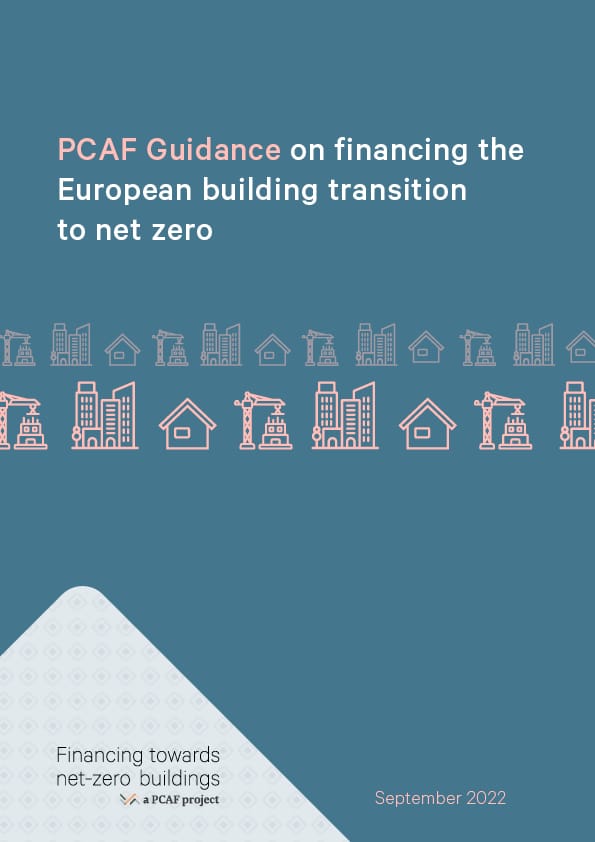
The purpose of this report is to provide guidance to financial institutions on how to approach the net-zero journey and decarbonize their building portfolios using a stepwise approach, from any starting position. This guidance is intended for any financial institution, particularly for banks and investors with known use of proceeds in mortgage and CRE portfolios.
As a prerequisite to financing the net-zero building transition, a harmonized net-zero building definition with corresponding requirements is provided. Subsequently, financial institutions are led along the four steps of the net-zero journey: 1) Measuring and disclosing of greenhouse gas emissions; 2) Setting climate targets; 3) Developing a strategy for implementation; and 4) Taking action.
Throughout its development, PCAF intensively engaged with multiple stakeholders from the European and global financial and building industry (especially with the Core Project Team and Expert Advisory Group of the PCAF project Financing towards net-zero buildings) which provided key expertise and guidance.
Download the Executive Summary
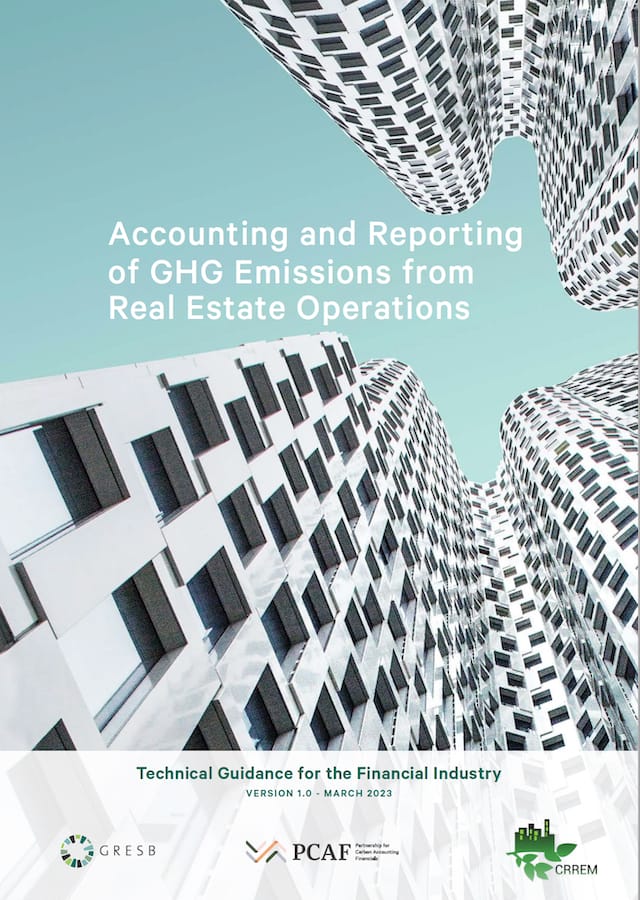
This document is the first version of a jointly developed technical guidance by PCAF, CRREM and GRESB for the accounting and reporting of GHG emissions from real estate operations. The Technical Guidance offers additional specifications to on a range of technical, data, and standards issues relating to GHG from real estate.
Since decarbonization, transition risk, net-zero target setting as well as GHG accounting and reporting are becoming increasingly important for the real estate sector, a clear guidance on standardized and harmonized accounting procedures related to all aspects of carbon and other GHG emissions is urgently required. The new technical guidance offers these additional clarification and serves as a best practice document with additional specifications to PCAF’s Global GHG Accounting and Reporting Standard for the Financial Industry on a range of technical, data and standards issues relating to operational GHG emissions from real estate.
This guidance can be used by financial institutions (banks and investors) and, insofar as they require standardized information, their underlying real estate assets, asset managers and companies. In the guidance, the three collaborating organizations clearly set out their recommendations for accounting procedures for both investors and banks, direct and indirect investments, equity and debt, full ownership, and joint partnerships, under a variety of consolidation approaches.
On 11 November 2021, PCAF launched its latest project, “Financing towards net-zero buildings” funded by the Laudes Foundation.
Attendees learned about the required transformation of the European building stock by 2050 and the crucial role of financial institutions in enabling the needed long-term structural change. Moreover, industry representatives discussed the opportunities of this transition and the need for the financial industry to act as an accelerator. Attendees also got an overview of how financial institutions can measure and track the climate impact of their mortgage and real estate portfolios towards net zero.
Speakers included:
Prof. Dr. Diana Ürge-Vorsatz: Professor, Department of Environmental Sciences and Policy, Central European University, and Vice Chair, Working Group III of the Intergovernmental Panel on Climate Change (IPCC)
Clare Hierons: Senior Programme Manager Finance & Capital Market Transformation, Laudes Foundation
James Hooton: Programme Director, Green Finance Institute
Tjeerd Krumpelman: Global head of Business Advisory, Reporting & Engagement / Group Sustainability, ABN AMRO
Gabriel Marosi: Group Sustainability Officer, ERSTE Group
Peter Sandahl: Head of Sustainability, Nordea Life & Pension
Giel Linthorst: Executive Director of PCAF Secretariat and Director at Guidehouse
Madeline Schneider: Project Manager of PCAF’s Financing towards net-zero buildings and Managing Consultant at Guidehouse
On 1 December 2022, PCAF organized a knowledge exchange webinar with financial institutions sharing their experiences in the decarbonization journey of their building portfolios. This webinar aimed to showcase exemplary industry practices of financial institutions in different stages of the decarbonization process, following the launch of the PCAF Guidance on financing the net-zero building transition in September 2022.
The webinar featured:
A webinar was conducted on 19 September 2023 by PCAF to launch the updated version of the European building emission factor database, featuring a panel discussion with financial institutions on the database and the new updates.
The new updated version features several new components that PCAF has developed over the last six months, including an expanded geographical scope within Europe, updated emission factors based on the new CRREM global pathways, and an initial methodology and emission factors to account for the embodied carbon emissions of buildings.
Speakers:
The webinar presentation can be accessed here.
PCAF would like to build on the momentum of measurement and disclosure to offer financial institutions enhanced approaches to increase the precision of financed emission measurement.
We’ve prepared an action paper that delves into several ongoing approaches to capture actual measured data, and presents potential solutions that could support financial institutions in their emissions measurement journey.
During our recent knowledge-sharing session, we discussed the relationship between sustainable finance and building performance.
The session commenced with a thought-provoking presentation unraveling several fiscal and financial incentives that bolster the development of green buildings. These insights laid a robust foundation for the discussions that followed.
We discussed how non-financial products can be linked to financial instruments to enhance the achievement of building performance improvement.
With the implementation and use of these non-financial products come challenges. The open floor discussion was a vibrant exchange of ideas and experiences, addressing challenges related to the implementation of non-financial products. Challenges related to costs, data integration, and the role of intermediaries were identified. On top of that, other experiences with these products were shared among the group.
We will take time from December to March 2024 to gather input from the participants and finalize writing an action report that summarizes the key findings.
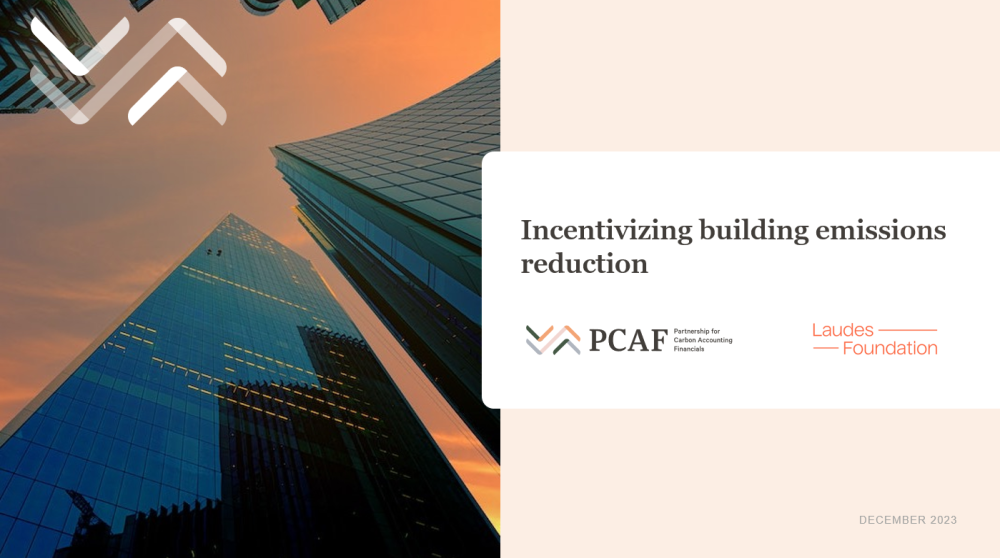
PCAF has published two new reports on actual emissions measurement in collaboration with the Smart Energy Research Lab (SERL) at the University College London (UCL) and Eliq.
Actual emissions measurement will provide FIs with emissions data more precise than calculations based on emission datasets. The real-time nature of such methods contribute to this precision, avoiding temporal variations that impact conventional calculations. The new reports explore two approaches in accessing actual measured data for more precise GHG emissions measurements.
The reports can be accessed here:
Download Pilot Study: Collaboration of Financial Institutions with Academia and Utilities
Watch back the webinar from 27 June 2024
Financial institutions can drive change by decarbonizing the building stock in their portfolios. To mobilize action, PCAF supports financial institutions in identifying appropriate sustainable financial products that can incentivize building decarbonization in the European context.
Following a knowledge-sharing session and research, we are releasing a report that summarizes the key findings on linking financial and non-financial products to incentivize building emissions reduction for financial institutions. Also covered are the challenges related to these linkages, including a particular focus on the user journey integrating financial and non-financial products and recommendations for the European financial sector.
The report can be downloaded here:
Enabling Building Decarbonization Through Sustainable Finance